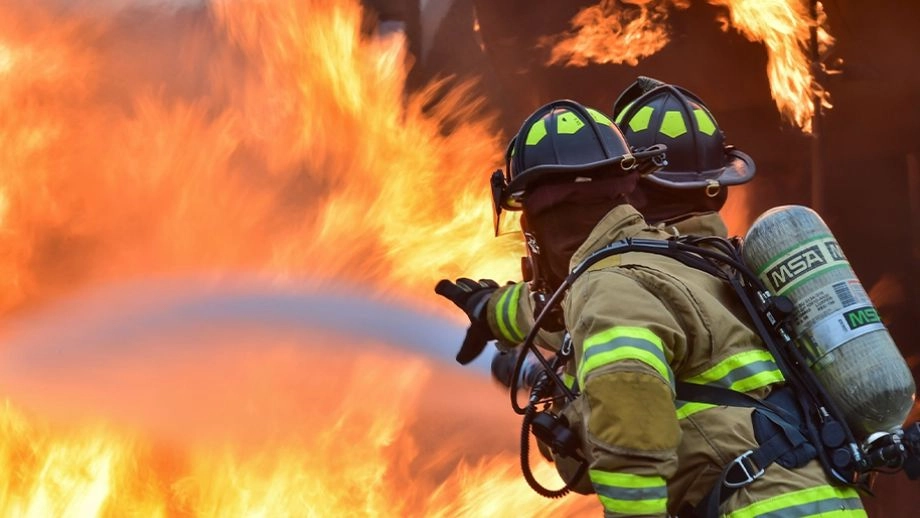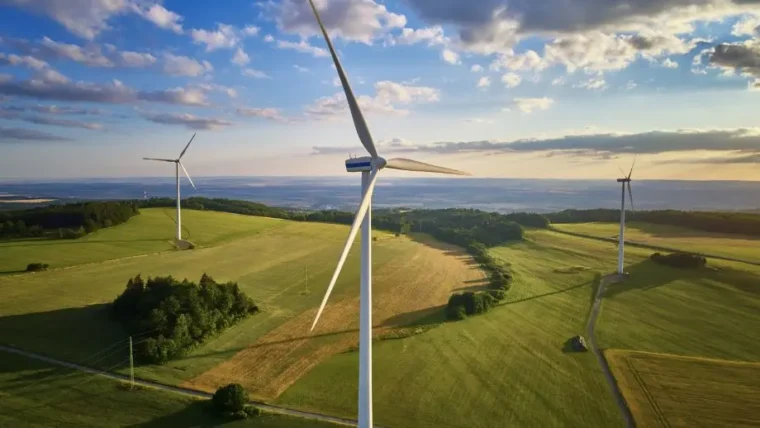Why do I need to Consider Firewater Risk?
18 May 2016

In our previous blog on what information you need to apply for an environmental permit, we mentioned a need to consider firewater risk. This blog is going to look at what firewater is, why you need to think about it and what you can do to minimise firewater risk.
What is firewater?
When fighting a fire, it is common to use water to either put out or control it. This water will become contaminated with particulates from the fire and substances that you are storing on the site such as oils and chemicals.
What are the impacts of firewater?
One of the problems with firewater is the many pathways through which it can enter the environment. This includes drainage systems, surface water run-off and groundwater infiltration and the impacts can be immediate and/ or long-term. If groundwater gets polluted from contaminated water, for example, the affects could last for decades.
As well as the environmental effects, the cost of cleaning up contaminated land, groundwater and water courses can be very expensive and you may even face a fine.
What should I do about firewater?
You should have a comprehensive and tested emergency plan specific to your site. The plan should address actions to prevent fires from occurring and, if they do, should consider what you can do to limit the risk to the environment from firewater.
You can liaise with the fire service to consider ways of reducing firewater risk. By getting them involved at an early stage, if there is an incident, they will be familiar with the unique risks of your site and will be able to act accordingly. They can also give you advice on how to develop your prevention and emergency plans to reduce your risk.
Apart from preventing fire and therefore firewater, the best thing to do is contain any firewater. This could include bunds, storage lagoons or chambers, shut-off valves and isolation tanks or areas. You can decide the best level of containment for your site by carrying out a risk assessment. This will take into consideration the hazardous materials on your site, the risks posed, the sensitivity of the receiving environment and the importance of preventing any resultant discharge to it.
As well as containment, it may be useful to discuss mitigation of firewater risk with the fire and rescue service. They could use strategies such as using sprays rather than jets to reduce the amount of firewater generated, recycling firewater and possibly controlled burn where it is safe to do so.
When considering emergency procedures and the risk that your site poses to the environment, it is important to consider firewater. You should think about ways to reduce firewater and also how to prevent it from entering the environment in the event of a fire. Your plans should take into consideration the materials you have on site, the sensitivity of the environment and how likely you are to have an incident and you may want to discuss this with the fire service. These procedures can also be used when managing spill risk and control, so you may want to think about these contingency plans together. Overall, make sure you stay safe when tackling emergencies on your site but consider the environmental impacts your procedures may have.









